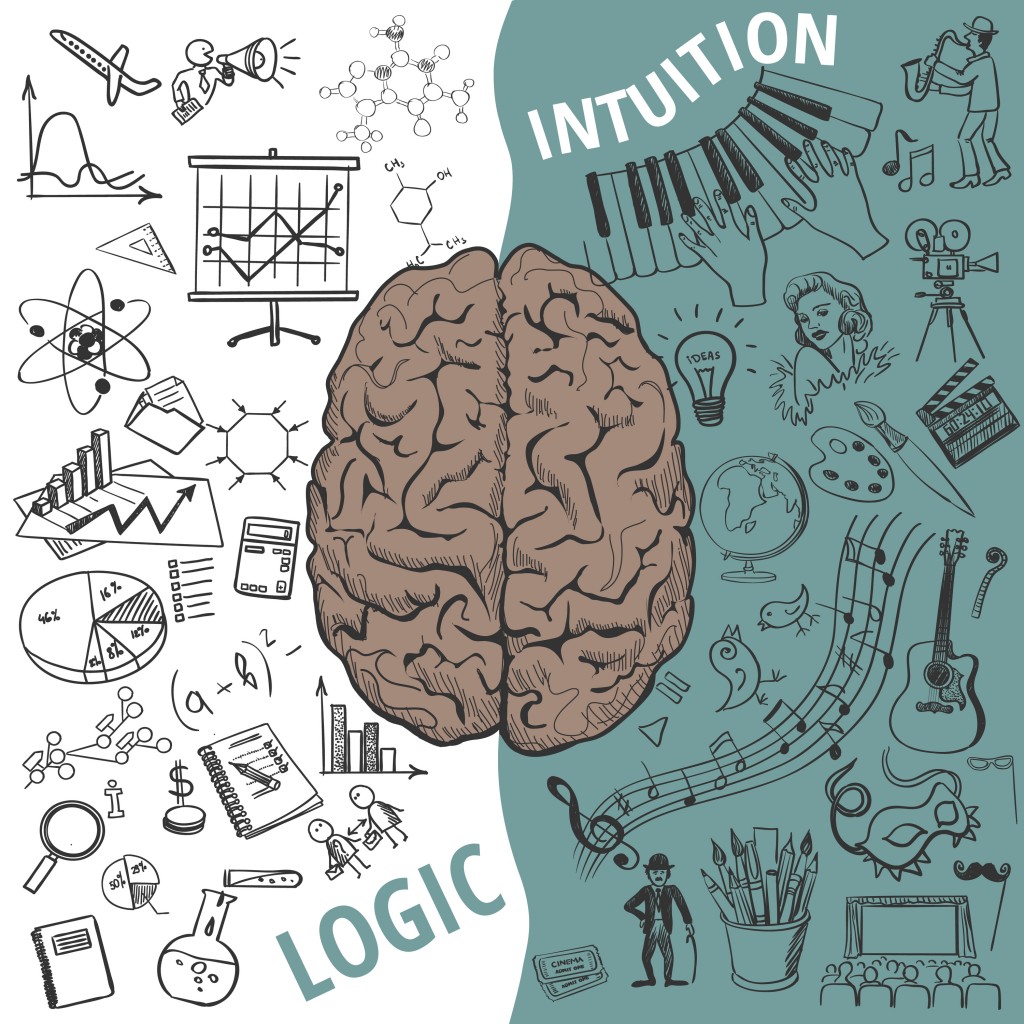- Make It Yourself Lavender Heart-Shaped Bath Bombs!
- 20 Things You Never Knew About “Down There”
- 12 Best Foods For Those Suffering From Arthritis Pain
- 12 Personal Hygiene Mistakes Almost Everyone Makes (Mom Never Told You About #4!)
- 15 Medicinal Plants And Herbs From The Cherokee People
- 12 Mind-Blowing Benefits Of Drinking Coconut Water During Pregnancy
- 12 Outstanding Winter Foods That Won’t Fatten You Up Like A Christmas Turkey
14 Of The Biggest Lies And Myths Told About Fasting (Even We Didn’t Know #9!)

Photo credit: bigstock.com
10. The Brain Needs Glucose All the Time
Believe it or not, most people believe that if they don’t chow down on some carbs every couple of hours, the brain will cease to function! This is based on a belief, not fact, that the brain only uses glucose as fuel. Our bodies can actually produce all the glucose it needs. Your body stores glucose in the liver that it can give the brain if need be. Even during times of starvation or while on a very low carbohydrate diet, the body will begin to produce ketones from fat in the body. The short version is that the brain will run just fine on ketones or glucose made from proteins or fats. If we needed carbs constantly to feed our brains, humans would have died out millions of years ago!
11. Fasting Will Cause You to Lose Muscle
You will hear people say that if you don’t eat, your body will begin to burn muscle for fuel. This happens in general whenever people diet, but it does not happen more, or to a greater degree, to those who fast. Several studies have linked fasting to improved retention of muscle mass. One study review found that intermittent calorie restriction, such as the 5/2 diet, caused similar amounts of weight loss as a typical diet, but those who were fasting had much less reduction in their muscle mass. This is why intermittent fasting is so popular among body builders. They find that it enables them to maintain muscle mass with a low percentage of body fat.
12. Eating Frequently and Snacking Is Good for You
Although your mother may have raised you this way, the truth is that it is not natural for the body to constantly have food in the stomach. Humans have evolved and learned to go without from time to time. Fasting occasionally has many health benefits while studies show that eating often and snacking can actually increase your risk of developing disease, including excessive liver fat and an increased risk of colorectal cancer.
13. Your Body Can Only Use So Much Protein at One Time
One of the lingering myths as to why we need to eat frequently is that our bodies can only digest about 30 grams of protein at a time. This is why they feel that people should eat every 3 hours or so. Studies, meanwhile, have shown that there is no difference in muscle mass if you consume protein every 3 hours or every 30 hours. The important thing is how much protein you consume, not how many hours you spread out that consumption. If our bodies could only consume small amounts of protein at a time, again, humans would have died out millions of years ago.
14. Fasting Will Send You Into Starvation Mode
This is the biggest myth and, if you ask, most people believe this to be fact. People who believe this say that when you fast, your body believes that it is starving and it will shut down the metabolism to conserve calories and fat. While it is true that long-term weight loss will eventually reduce the number of calories you burn, and this can add up to hundreds of fewer calories burned per day. However, what they aren’t telling you is that this will happen when you lose weight no matter which weight loss method you choose! This will not happen more with fasting than any other diet plan. In fact, studies have shown that short-term fasts, such as the 16/8 plan, actually increases the metabolic rate! This is because short-term fasts lead to drastic increases in blood levels of noradrenaline, which tells your fat cells to break down and get ready to be used. This will stimulate the metabolism, as it needs to prepare itself for incoming fat and calories.
READ ALSO: The Difference Between Detoxing and Fasting
If you are interested in fasting, don’t let any of the above myths stop you. Many people find that they lose weight easily and keep it off without changing their diet, by doing nothing more than intermittent fasting.
References:
































